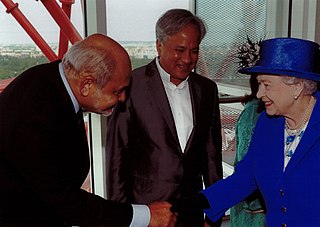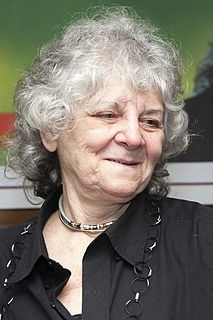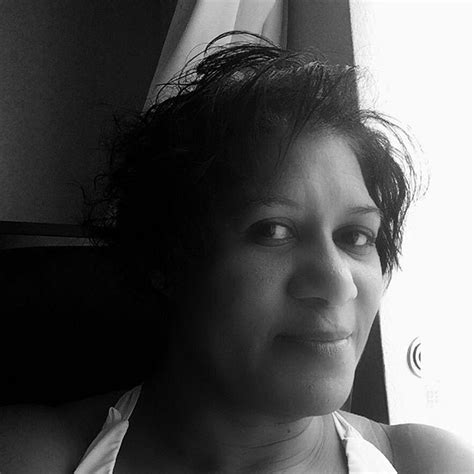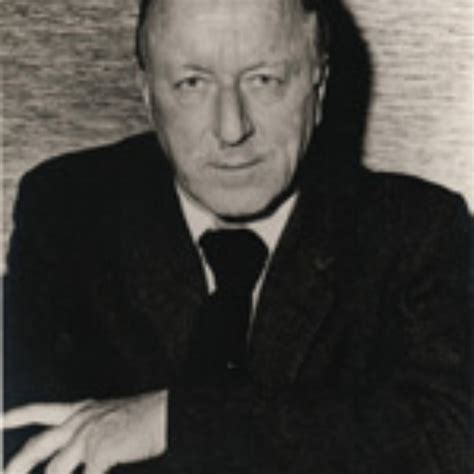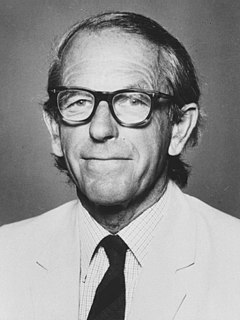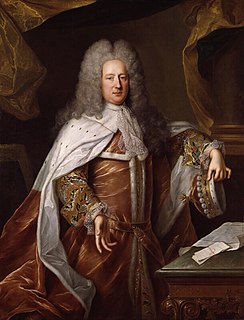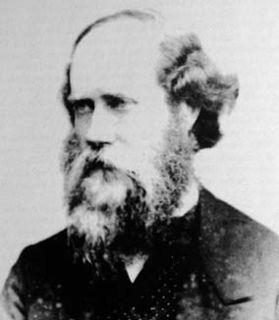A Quote by Cecil Balmond
It appears that a simple rule, of something adhering to another similar idea, repeated, leads to stabilities. This seems to be a function of relational data sets, linked to rules, like in DNA chains that have infinite adaptability for sequencing proteins. Out of only four bases, which in turn are further limited by two rules of complimentarity, a myriad of forms arise.
Related Quotes
The purpose of any military is to kill people and break things. It's not to advance anybody's social agenda. It's not a laboratory for the left's social ideas or playgrounds. It is to kill people and break things, and the second rule is that the aggressor in any conflict sets the rules. And if they violate an existing rule book, then so be it. The aggressor sets the rules, and right now, Putin is setting the rules.
10 Rules for Being Human: Rule #1 - You will receive a body. Rule #2 - You will be presented with lessons. Rule #3 - There are no mistakes, only lessons. Rule #4 - The lesson is repeated until learned. Rule #5 - Learning does not end. Rule #6 - "There" is no better than "here". Rule #7 - Others are only mirrors of you. Rule #8 - What you make of your life is up to you. Rule #9 - Your answers lie inside of you. Rule #10 - You will forget all this at birth.
The regularity with which we conclude that further advances in a particular field are impossible seems equaled only by the regularity with which events prove that we are of too limited vision. And it always seems to be those who have the fullest opportunity to know who are the most limited in view. What, then, is the trouble? I think that one answer should be: we do not realize sufficiently that the unknown is absolutely infinite, and that new knowledge is always being produced.
The unwritten rules of behaviour are infinite in number, finely shaded, and subtle to the last fraction of a degree. They are not to be broken. If broken, the rules of forgiveness leading to re-establishment are equally of air and iron. I learn these rules with rather less ease than my contemporaries because, in the back streets of my being, a duel is developing and increasing in fervour between my instinct which knows why something is so, and my hen-pecking intelligence which wishes to analyse why something is so.
The difficulties in the study of the infinite arise because we attempt, with our finite minds, to discuss the infinite, assigning to it those properties which we give to the finite and limited; but this... is wrong, for we cannot speak of infinite quantities as being the one greater or less than or equal to another.
A DNA sequence for the genome of bacteriophage ?X174 of approximately 5,375 nucleotides has been determined using the rapid and simple 'plus and minus' method. The sequence identifies many of the features responsible for the production of the proteins of the nine known genes of the organism, including initiation and termination sites for the proteins and RNAs. Two pairs of genes are coded by the same region of DNA using different reading frames.
